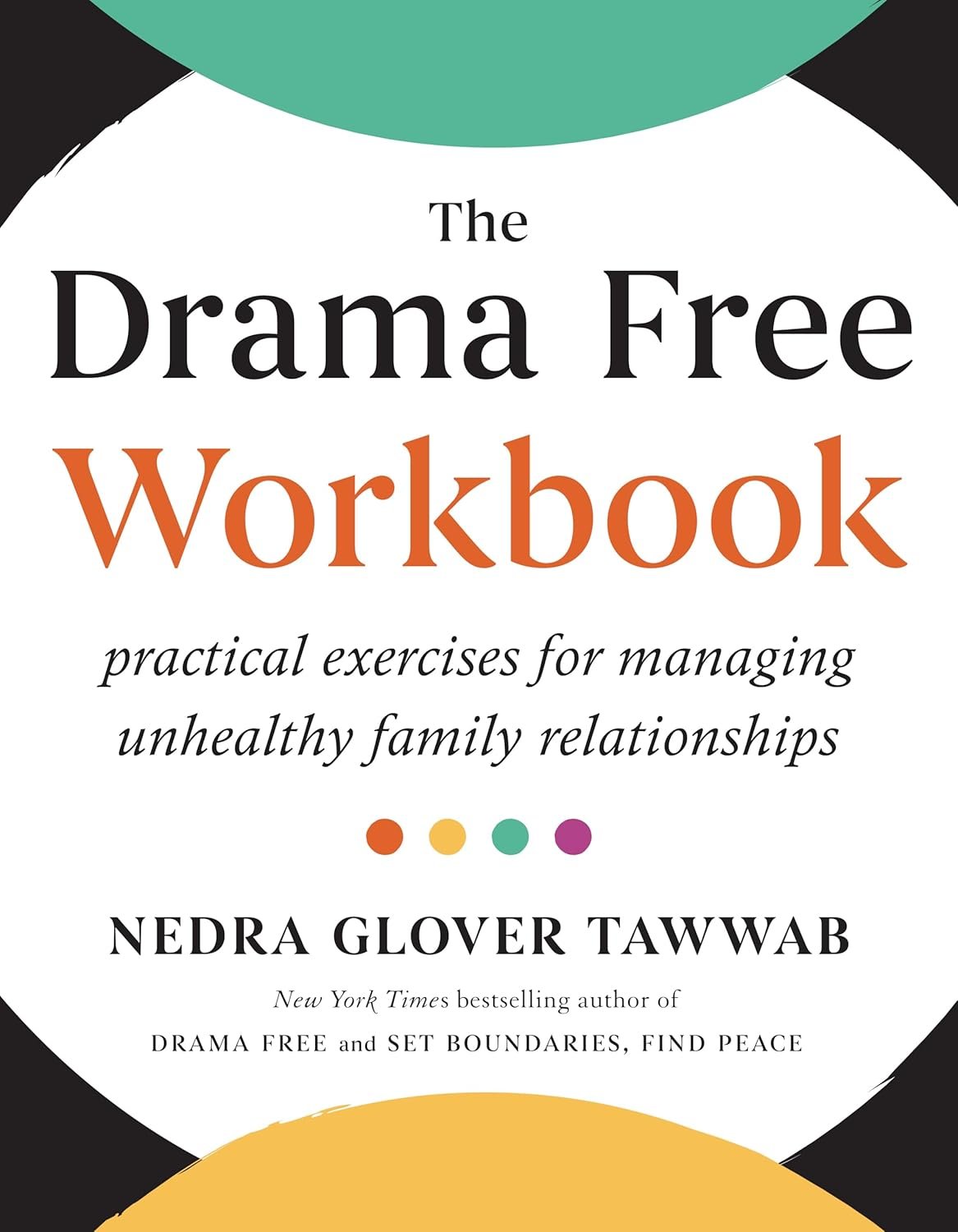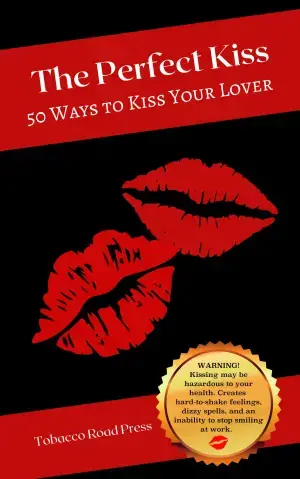Navigating Family Dynamics: A Reflection on The Drama Free Workbook
As I flipped through the pages of The Drama Free Workbook: Practical Exercises for Managing Unhealthy Family Relationships by Nedra Glover Tawwab, I felt an echo of my own life’s complexities vibrating through her words. There was a magnetic pull to this workbook—not just because I had previously appreciated Tawwab’s insights in her bestselling titles, but because the necessity of managing dysfunctional family dynamics hit home for me. With family dynamics often marred by conflict, understanding and healing becomes an essential journey. Enter Tawwab, a licensed therapist and a comforting guide, making this journey accessible and, dare I say, empowering.
In this workbook, Tawwab delves into the intricacies of familial relationships, providing practical exercises that feel like holding a compassionate mirror to oneself. The key themes revolve around emotional neglect, addiction, and the all-too-common conflicts that surface among parents, siblings, and in-laws. What struck me the most was her gentle yet firm encouragement to express my needs and set boundaries. It felt as though she understood that walking away from toxic patterns isn’t just a choice—it’s a form of self-affirmation.
Tawwab’s writing shines with clarity and depth, blending theory and real-life applicability effortlessly. The pacing of the workbook is intentional; it allows space for reflection and processing after each exercise. I found myself pausing, pen in hand, bearing witness to my thoughts and feelings—something I hadn’t allowed myself to do in a long time. Each exercise felt like stepping stones on a path toward emotional safety, armed with nurturing insights that cradled vulnerability.
A memorable quote from one of the exercises resonated deeply with me: “You are not obligated to love anyone who harms you.” This stark declaration is a hard truth but also an incredible relief for many grappling with family obligations. It reminded me of the importance of prioritizing one’s own wellness and the audacity to walk away from toxic dynamics without guilt—something many of us, including myself, struggle with.
The testimonials from other readers echoed my feelings. One reviewer mentioned how the workbook “changed lives” and encouraged others to approach it with sensitivity, preferably armed with a box of tissues. It’s not just a workbook; it’s an emotional excavation tool that previews what’s possible when we understand our relationships better—and let go of the ones that harm us.
In conclusion, I wholeheartedly recommend The Drama Free Workbook to anyone feeling the weight of unhealthy family dynamics or seeking strategies to navigate emotional terrain with grace. Whether you’re just starting this journey or are well along the path of self-discovery, Tawwab’s gentle guidance could be the breakthrough you didn’t know you needed. Personally, it was a profound reminder of my worth and the importance of honoring my own needs—a gift I believe many readers will cherish just as much.







